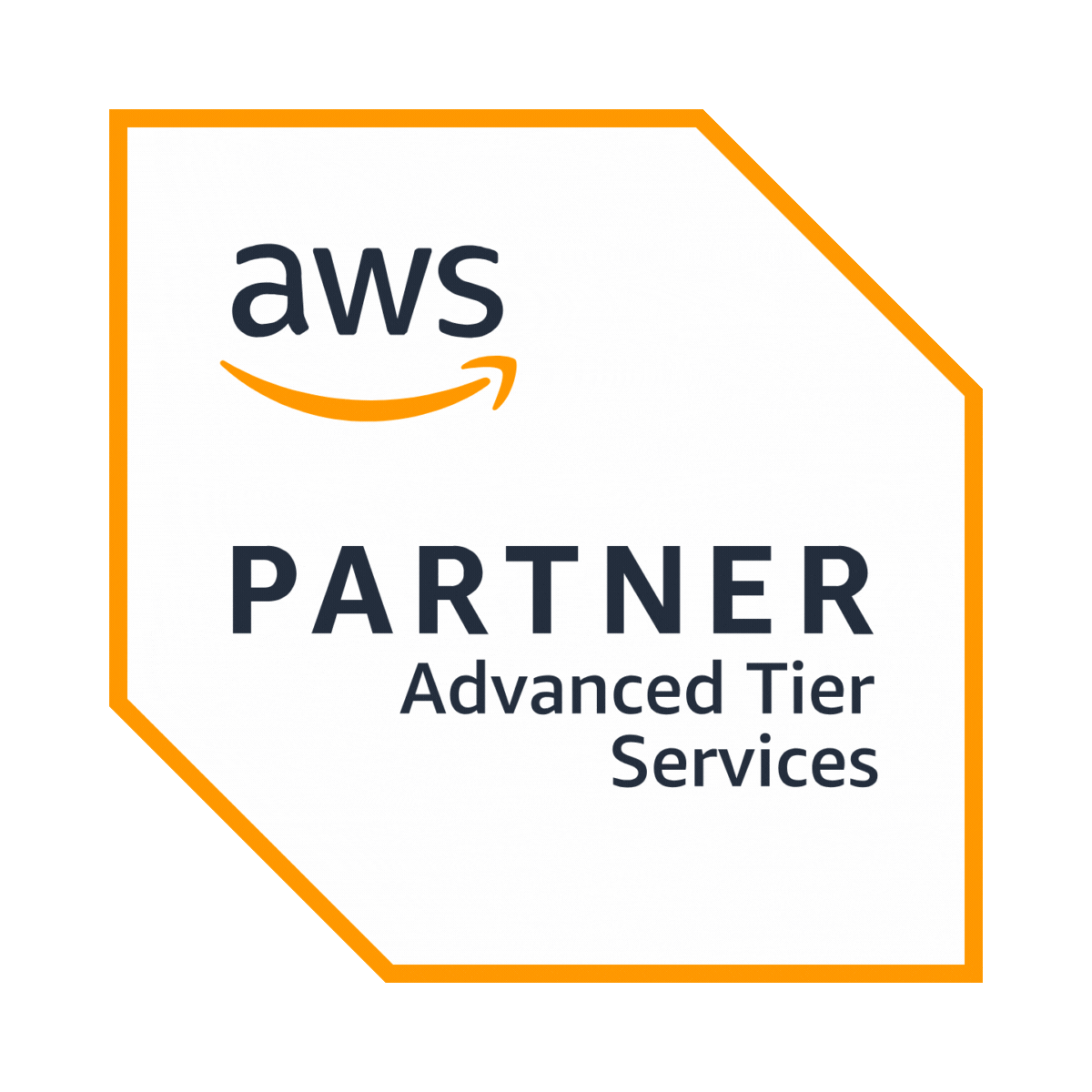The role of DevOps in modern product engineering
The rapidly evolving technology landscape demands that organizations deliver software and digital products faster, with higher reliability and adaptability to market shifts. DevOps has emerged as a transformative approach in modern product engineering, combining cultural philosophies, practices, and tools to streamline development and operational workflows.
This research report delves into how DevOps fosters agility, scalability, and resilience in product engineering, backed by industry insights and statistics. By examining its impact across various industries, we uncover best practices that empower businesses to unlock new levels of efficiency and innovation.
Why DevOps Is Integral to Modern Product Engineering
1. Enhancing Agility for Rapid Time-to-Market
DevOps enables continuous integration and delivery (CI/CD), empowering teams to deploy software faster and with fewer errors.
- Stat Insight: High-performing DevOps teams deploy 208 times more frequently and have a 106x faster lead time for changes compared to low performers (DORA 2023 State of DevOps Report).
- By automating repetitive tasks and fostering collaboration, organizations can respond dynamically to market demands and customer needs.
2. Boosting Scalability Through Automation
DevOps leverages technologies like Infrastructure-as-Code (IaC) and container orchestration to build scalable, resilient systems.
- Stat Insight: A report from IDC highlights that 60% of enterprises using DevOps practices experience at least a 30% improvement in scalability and resource optimization.
- Tools such as Kubernetes and Terraform allow organizations to manage complex, distributed environments seamlessly.
3. Ensuring Reliability and Operational Stability
The integration of continuous monitoring and automated remediation processes minimizes downtime and system failures.
- Stat Insight: According to Gartner, 85% of organizations using DevOps report a 25% reduction in incident resolution times within their production environments.
- Proactive monitoring tools like Prometheus and Datadog provide insights that enable swift identification and resolution of potential issues.
DevOps as a Catalyst for Innovation
Fostering Collaboration Across Teams
DevOps bridges the gap between development, operations, and business teams, enabling shared accountability and faster feedback loops.
- Stat Insight: Organizations with collaborative DevOps cultures report a 22% increase in developer productivity (Puppet 2023 State of DevOps Report).
Accelerating Experimentation and Delivery
Through automated testing and deployment pipelines, DevOps supports rapid prototyping and iteration.
- Stat Insight: Companies practicing DevOps experience 50% faster innovation cycles, as noted in a Forrester study.
Key Business Outcomes of DevOps
1. Improved Product Quality
Continuous integration of testing into the development process ensures early detection of defects.
- Organizations report a 30% reduction in defects post-release, enhancing customer satisfaction and loyalty.
2. Cost Efficiency
By automating routine processes and optimizing resources, DevOps reduces operational expenses.
- Stat Insight: Companies using IaC and containerization report infrastructure cost savings of up to 40%, as per Flexera.
3. Resilience in Rapid Scaling
DevOps enables organizations to scale operations effectively without compromising quality.
- Enterprises adopting DevOps and microservices architectures achieve 70% faster scalability, according to IDC.
Industry Adoption: DevOps in Action
Case Study: Accelerating Product Delivery in FinTech
A leading FinTech company reduced its product deployment cycles from 12 weeks to 2 weeks by implementing DevOps practices, including CI/CD pipelines and IaC.
- Result: 40% improvement in time-to-market, with 99.9% system uptime.
Case Study: Enhancing Customer Experience in Retail
A global retail chain leveraged DevOps to integrate real-time analytics into its e-commerce platform.
- Result: A 25% increase in customer satisfaction and a 15% boost in revenue.
Emerging Trends in DevOps
1. AI-Driven DevOps
Artificial Intelligence (AI) is revolutionizing DevOps with predictive analytics, anomaly detection, and automated incident resolution.
- Stat Insight: By 2025, 70% of DevOps teams will incorporate AI tools, enabling a 40% reduction in manual tasks (Gartner).
2. Platform Engineering
Internal Developer Platforms (IDPs) are simplifying DevOps adoption and improving developer experience.
- Stat Insight: By 2026, 65% of organizations will adopt IDPs to enhance efficiency and accelerate development timelines (IDC).
3. DevSecOps Integration
Embedding security into the DevOps pipeline is becoming essential to safeguard against evolving threats.
- Stat Insight: Organizations practicing DevSecOps report a 30% decrease in vulnerabilities across production environments (Forrester).
Best Practices for DevOps Success
- Adopt a Collaborative Culture: Promote shared responsibility between development and operations teams.
- Leverage Automation Tools: Invest in CI/CD, IaC, and monitoring solutions for enhanced efficiency.
- Emphasize Metrics: Track deployment frequency, mean time to recovery (MTTR), and lead time for changes.
- Prioritize Security: Integrate DevSecOps to address vulnerabilities early in the development lifecycle.
- Focus on Cloud-Native Strategies: Harness the power of containers, microservices, and orchestration tools.
Conclusion
DevOps is reshaping modern product engineering by accelerating innovation, enhancing collaboration, and ensuring operational excellence. Organizations that embrace DevOps are better positioned to deliver high-quality products faster, scale effectively, and meet customer expectations in a dynamic business environment.
With industry data underscoring its transformative impact, DevOps is not just a methodology—it is the foundation for building resilient, scalable, and customer-centric digital products. Businesses that invest in DevOps today will lead the market tomorrow.















